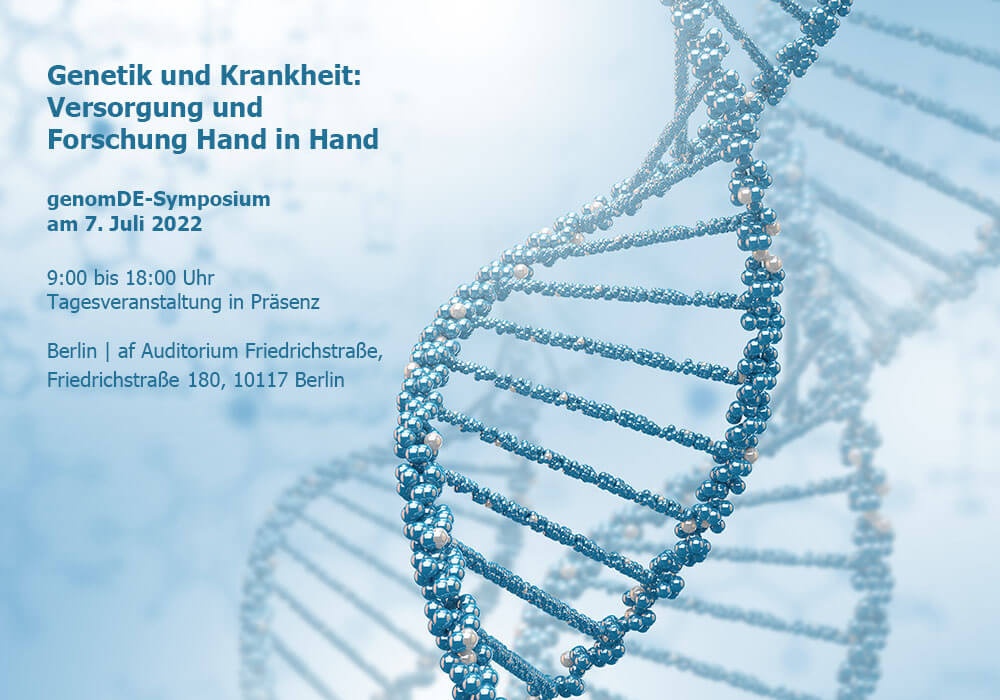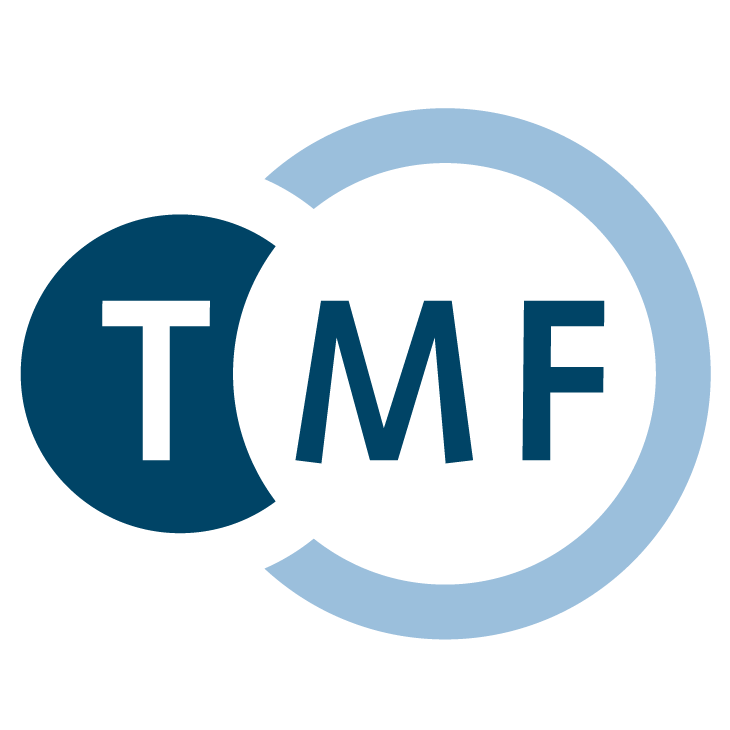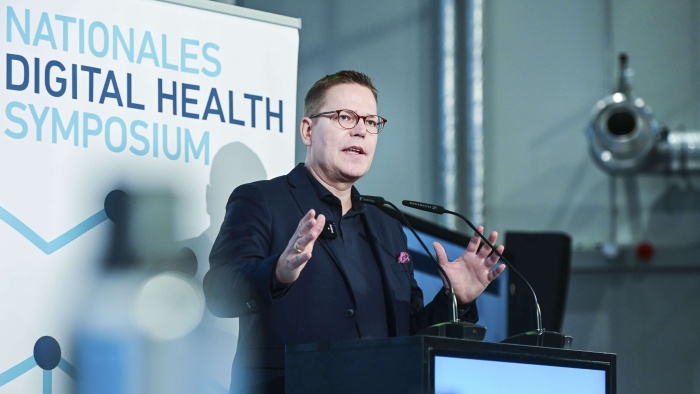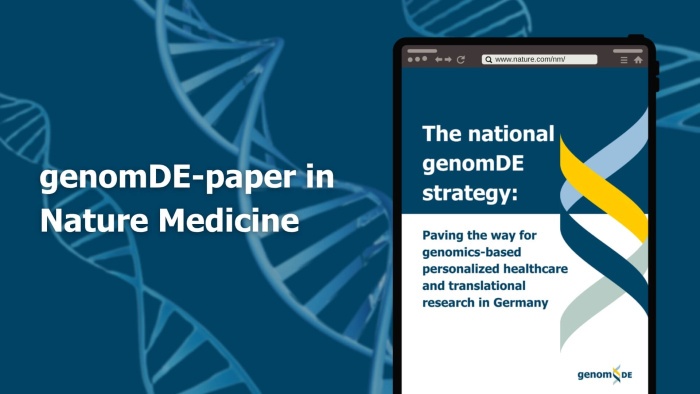First genomDE Symposium on 7 July 2022 in Berlin - "Genetics and disease: care and research hand in hand"

The first genomDE symposium: On July 7, 2022 in the af Auditorium Friedrichstraße, Berlin. © TMF
On July 7, 2022, the first symposium of the genomDE, a project funded by the Federal Ministry of Health, will take place in Berlin. Representatives of the leading medical networks, expert associations, and the patient associations concerned will report on and discuss medical, technical, organizational, and ethical-legal aspects of genomic medicine.
The Federal Ministry of Health has been funding the genomDE project since October 1, 2021.
Supply and research - a focus on both
A consortium of high-ranking experts is currently working on designing and piloting genomDE - a nationwide platform for medical genome sequencing in healthcare and research. The initial focus is on rare diseases as well as hereditary and non-hereditary forms of cancer.
In the long term, genomDE aims to provide all patients with access to genomic medicine if genomic information can be helpful for the specific diagnosis, treatment, and prevention of their disease. Medical genome sequencing will thus become an innovative component of future standard care in Germany.
The TMF is coordinating the genomDE project.
Sebastian C. Semler, Managing Director of the TMF, Berlin, Coordination genomDE:
"Patients are to have access to the clinical application possibilities of genome sequencing in the future - this aspect of care is important. At the same time, genomDE is to form an important component of a future research data infrastructure in the German healthcare system. At the first genomDE symposium, we will discuss this project's multi-layered and complex requirements. I am delighted that, after the long pandemic, at this event, we will be able to meet in person and engage in the personal interactions that are so important for the success of this project."
By promptly making the data generated during genome sequencing and the associated clinical data available, genomDE will strengthen national and international genomic medical research and healthcare. As similar initiatives have already been launched in other European countries, the BMG's further goals also include a link between genomDE and the EU's 1+Million Genomes Initiative.
Prof. Dr Rita Schmutzler, Director, Centre for Familial Breast and Ovarian Cancer, University Hospital Cologne, and member of the TMF board:
"Around 1/3 of women who have breast cancer have a family history of the disease, indicating a hereditary predisposition. So far, however, the underlying risk genes are only known for around 1/4 of these diseases. The establishment of genomDE offers a unique opportunity to uncover the still unexplained hereditary nature of breast cancer and to make this new knowledge directly available to those affected. We can offer and evaluate targeted and specific preventive measures based on the genetic findings. The basis for this is establishing a comprehensive clinical data and biobank in which we record all relevant information, such as age-dependent disease rates, histological subtypes, and disease progression.
The combination of genetic and clinical data makes it possible to recognize genotype/phenotype correlations and, in particular, to answer questions about the effectiveness of early detection, prophylactic operations, and targeted therapies. It is, therefore, an important component of genomDE and, with its close link between research and care, contributes to improving the morbidity and mortality of those affected."
Press Contact
Christine Fechner
TMF - Technology and Methods Platform for Networked Medical Research
Press & Public Relations
Charlottenstraße 42, 10117 Berlin
Phone: +49 (0) 30 − 22 00 24 769
E-mail: presse@tmf-ev.de
Further Information

About the TMF
The TMF – Technology and Methods Platform for Networked Medical Research e. V. stands for research, networking and digitisation in medicine. It is the umbrella organisation for collaborative medical research in Germany, within which leading researchers exchange knowledge, jointly develop ideas and concepts, and shape the future of medical research in the digital age.


